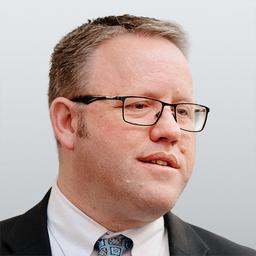Commentary
A weird thing happens when voters are polled. People usually hold their legislature in low esteem, but somehow they still like their individual representative, even if they barely recognize their name. Perhaps our governmental dysfunction is not just corrupt politicians playing fast and loose with other people’s property.





